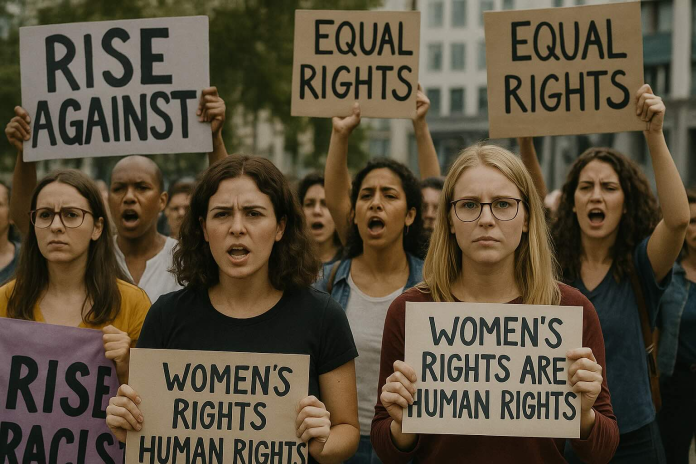The European Commission reversed its decision to scrap the long-stalled Equal Treatment Directive, breathing new life into legislation designed to combat discrimination across the European Union, according to Euractiv.
First proposed in 2008, the directive would compel member states to implement national laws guaranteeing equal access to social rights, education, goods, and services regardless of religion, disability, age, or sexual orientation. This unexpected revival follows intense pressure from both EU parliamentarians and national governments, marking a significant shift after the Commission had earmarked the bill for withdrawal earlier this year.
In its 2025 work programme, the Commission declared the directive a lost cause, stating that “the proposal is blocked and further progress is unlikely.” This stance triggered immediate backlash from equality advocates and lawmakers.
By May, Equality Commissioner Hadja Lahbib signalled openness to reconsideration during discussions with the Parliament’s civil liberties committee. The momentum intensified in June when committee chairs formally urged preservation of the legislation, culminating in a joint letter from 14 EU countries demanding its retention.
Faced with the concerted push, the Commission executed a notable volte-face, with a spokesperson confirming on Wednesday that it “has decided to maintain for further political discussion the proposal for the Equal Treatment Directive.”
We will therefore redouble our efforts in supporting the [Danish] presidency and the member states with all possible means to help find an agreement on this important proposal.
The Danish presidency, now tasked with steering the directive towards adoption, plans to prioritise it during December’s meeting of EU employment and social affairs ministers. Danish Social Affairs Minister Sophie Hæstorp Andersen pledged to advance negotiations:
We will do our best to bring progress and continue bilateral consultations with the countries still opposed.
Opposition persists primarily from Germany, Czechia, and Italy, though a European Parliament briefing notes that many member states have strengthened domestic anti-discrimination laws independently during the 17-year deadlock.
However, the directive’s survival does not guarantee its adoption, with provisions remaining contentious in several capitals. The Commission’s renewed commitment merely ensures continued debate rather than imminent ratification.
